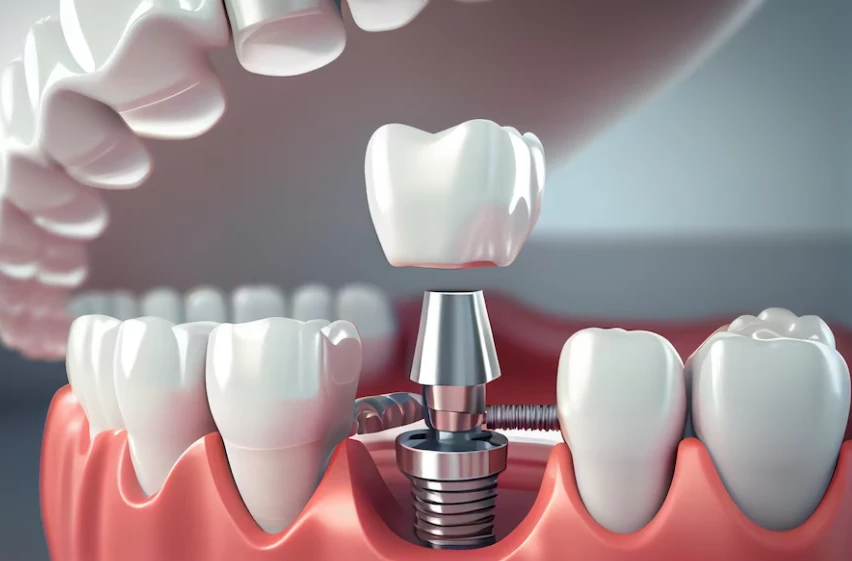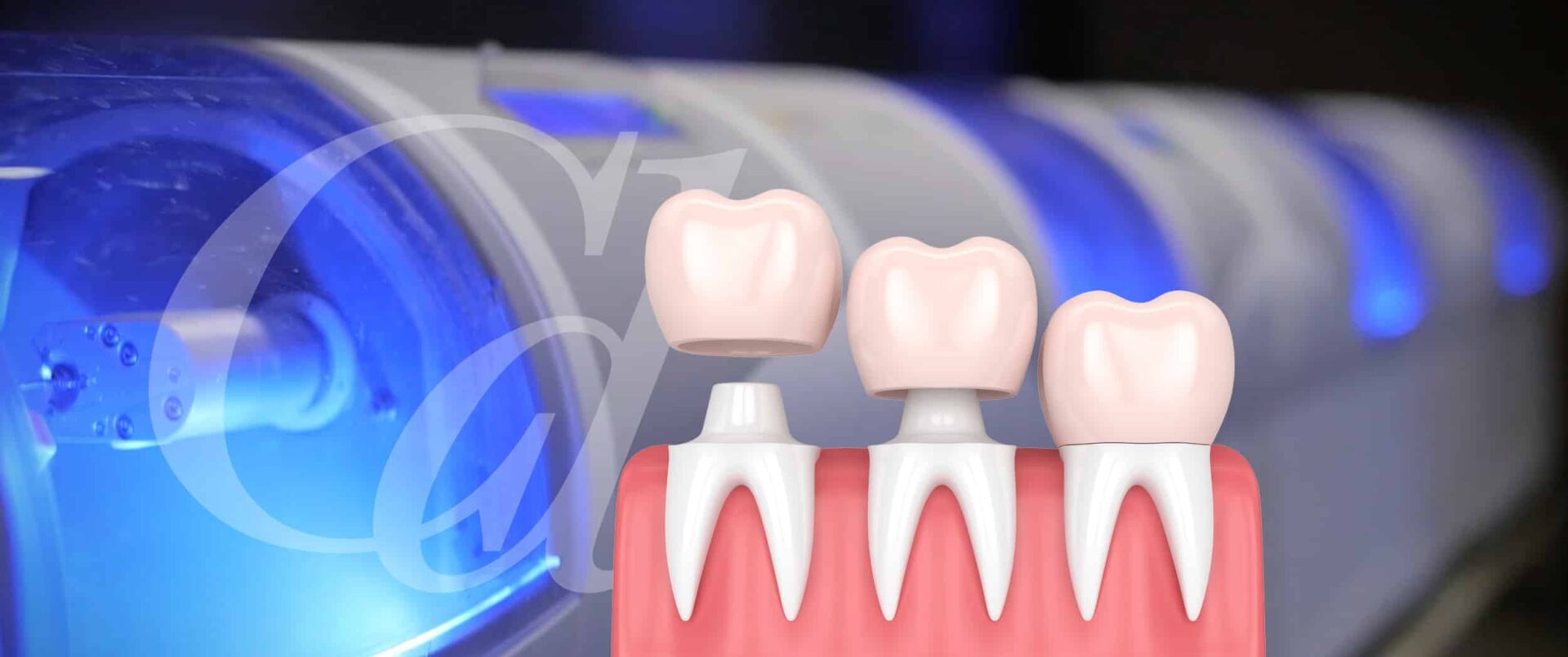Are you struggling with missing teeth and seeking a reliable solution to restore your smile? Dental implants could be the answer you’ve been looking for. Whether you’re missing a single tooth or multiple teeth, dental implants offer a durable and natural-looking replacement that can greatly enhance your oral health and overall confidence.
Your dentist’s expertise plays a crucial role in ensuring the success of the procedure, from the initial consultation to the final restoration. With their professional skills and advanced technology, they can provide you with a personalized treatment plan tailored to your needs.
What Are The Qualifications Needed For A Dentist To Perform Dental Implant Surgeries?
Dental implant surgeries require a dentist with specialized training and experience. Not all dentists are qualified to perform these intricate procedures. To be adequately prepared, a dentist must first complete a Doctor of Dental Surgery (DDS) or Doctor of Dental Medicine (DMD) degree from an accredited dental school.
Afterward, they should pursue additional training in dental implantology. This training can be obtained through advanced dental education programs, residencies, or continuing education courses focusing on implant dentistry.
In addition to formal education, practical experience is essential. Dentists often undergo hands-on training under the supervision of experienced implantologists. They learn to assess patients’ oral health, plan implant placements, and perform surgeries with precision.
Certifications from recognized dental implant organizations, such as the American Academy of Implant Dentistry (AAID) or the International Congress of Oral Implantologists (ICOI), also attest to a dentist’s expertise and commitment to maintaining high standards in implantology.
How Does The Process Of Getting Dental Implants Differ Between Replacing A Single Tooth And Multiple Teeth?
The process of getting dental implants varies depending on whether a single tooth or multiple teeth need replacement. For a single tooth replacement, the procedure is relatively straightforward. It involves placing a single implant post into the jawbone at the site of the missing tooth. Once the post integrates with the bone, a custom-made crown is attached, restoring the function and appearance of the tooth.
In contrast, replacing multiple teeth requires a more complex approach. If several adjacent teeth are missing, a dentist may use implant-supported bridges or dentures. For instance, instead of placing an implant for each missing tooth, a few strategically placed implants can support a bridge or denture, reducing the number of implants needed while providing stability and function. This approach not only conserves bone structure but also minimizes surgical interventions and recovery time.
What Materials Are Commonly Used In Dental Implants And How Are They Chosen?
Dental implants are made of materials that have been selected for their strength, lifespan, and biocompatibility. Ti and Zr are the most often used materials for dental implants. Because titanium has such a remarkable ability to osseointegrate—integrate with bone—it has been the gold standard for many years. Its durability and strength make it suitable for long-term use in dental implants.
Zirconia, a ceramic material, is gaining popularity as an alternative to titanium. It is highly biocompatible and offers excellent aesthetic properties, making it an ideal choice for patients with metal sensitivities or those who prefer a metal-free option. Zirconia implants are particularly advantageous in the anterior (front) region of the mouth, where aesthetics are paramount.
The choice of material depends on several factors, including the patient’s medical history, the location of the implant, and aesthetic considerations. During the consultation and planning phase, your dentist will evaluate these factors and recommend the most suitable material for your specific case.
How Long Does It Typically Take To Complete The Procedure For Dental Implants?
The timeframe for completing a dental implant procedure varies based on individual circumstances, such as the number of implants needed and the patient’s oral health. Generally, the process can take several months from start to finish. It begins with a comprehensive evaluation and treatment planning, followed by the surgical placement of the implant posts.
After the implants are placed, a healing period of three to six months is usually required to allow for osseointegration, where the implants fuse with the jawbone. This healing phase is crucial for the long-term success of the implants. During this time, temporary restorations may be used to maintain aesthetics and function.
Once osseointegration is achieved, the final prosthetic components, such as crowns, bridges, or dentures, are fabricated and attached to the implants. The fitting and adjustment of these restorations may require several appointments to ensure optimal function and appearance.
While the entire process requires patience, the result is a permanent and reliable solution that enhances both oral health and quality of life.
Dental implants are a sophisticated solution for tooth replacement, requiring the expertise of a well-trained and experienced dentist. You may make more informed decisions about your dental implant journey if you are aware of your dentist’s qualifications, the variations in procedures for single and many teeth, the materials utilized, and the anticipated timescale. Dental implants provide a route to better oral health and confidence restoration, whether they are used to replace one or more teeth.
FAQs About Dental Implants at Cascade Dental
What is the cost of dental implants at Cascade Dental?
Dental implants can range in price depending on the complexity of the case and the needs of the person. At Cascade Dental, the price range for a single dental implant, including the post, abutment, and crown, typically ranges from $3,000 to $4,500. The cost of replacing several teeth might vary from $15,000 to $30,000, depending on the type of restoration chosen and the quantity of implants needed.
How long do dental implants last?
Dental implants are intended to be a permanent replacement for lost teeth. They have an extended lifespan if properly maintained and cared for. Maintaining the longevity of your implants requires frequent dental checkups and appropriate oral hygiene.
Is the dental implant procedure painful?
At Cascade Dental, we put the comfort of our patients first and employ cutting-edge methods to reduce pain when receiving implants. During the healing phase, the majority of patients only experience minimal discomfort, which is easily controlled with over-the-counter painkillers.
Are dental implants safe for everyone?
While many patients find dental implants to be a good option, some circumstances, such low bone density or underlying medical disorders, can call for more care or different approaches. If implants are a good fit for you, our dentists will do a comprehensive examination.
Trust Us for Your Dental Implants!
Are you prepared to use dental implants to change the way you smile? For a consultation, get in touch with Cascade Dental right now. Our knowledgeable staff is available to assist you in getting the self-assured, healthy smile you deserve and to respond to your inquiries. Don’t wait to take the first step toward a brighter future! Contact us and set your appointment at Cascade Dental.



